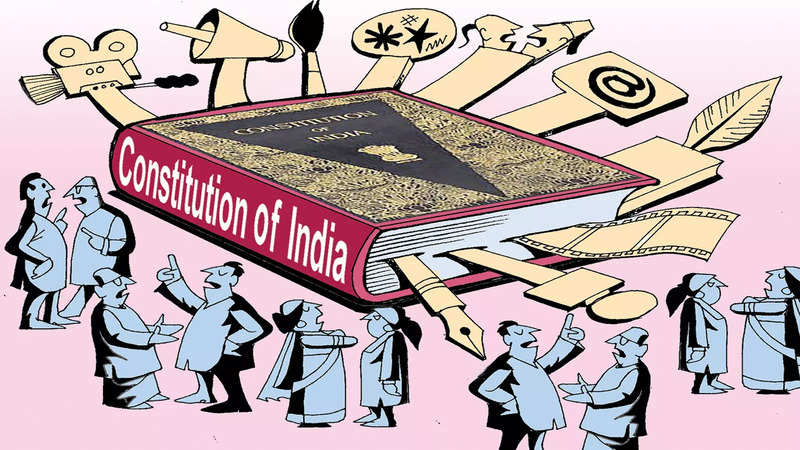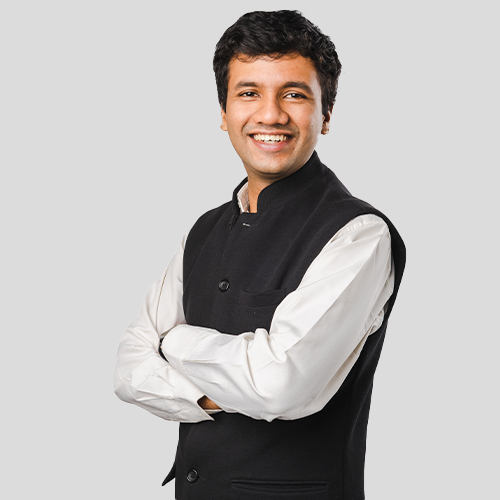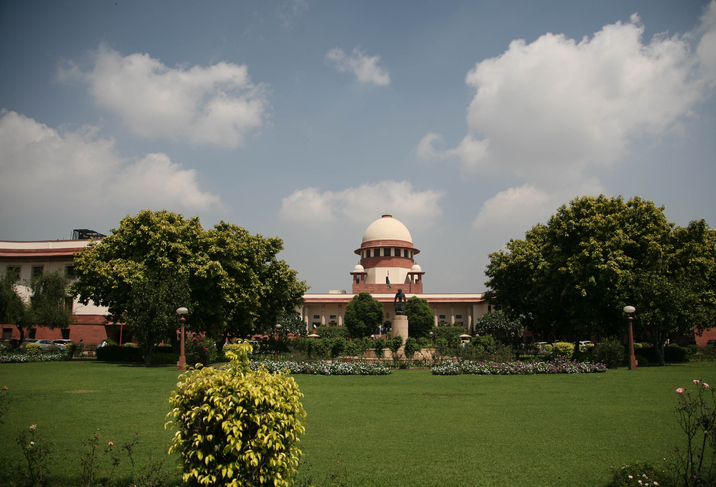
- Opinion
- 5 Jan 2023
- 1 min read
Is a Minister’s Right to Free Speech Same as Yours?
Courts have since 1950s incrementally expanded the scope of this constitutional right and more clearly defined the restrictions. The test is whether ordinary citizens will get the same protection as ministers and artists
This opinion was published in Times of India on January 05, 2023.
Filed Under
About the Authors

Aditya is currently a Senior Resident Fellow in the Research Director's Office at the Vidhi Centre for Legal Policy. He graduated from the NLSIU Bangalore in 2021 with a BA LLB (Hons). His areas of interest include constitutional law, civil procedure, and dispute resolution. He has academic publications on constitutional law, legislative drafting, and arbitration law in journals such as Statute Law Review and Arbitration International. At Vidhi, he has been providing legislative drafting assistance to various Ministries, Departments, and Authorities of the Central Government and various State Governments.

Ritwika is a Senior Resident Fellow and Lead at Charkha, Vidhi’s Constitutional Law Centre. Her current research is focused on comparative federalism, local governments, and electoral reforms. From 2014-17, Ritwika was a Research Fellow in the Public Law vertical at Vidhi. She advised several departments and regulatory authorities under the Government of India, on questions concerning constitutional validity of proposed legislation, legislative competence of the Union and states, and contours of the powers and functions of regulators. Ritwika also assisted the Union of India in preparing its written submissions in the National Judicial Appointments Commission (NJAC) Case. Between 2019-2020, Ritwika worked as a Research Associate at DAKSH, Bengaluru. She obtained her LL.M. from the University of Cambridge in 2018. She graduated with a B.A. LL.B. (Hons.)) from the Indraprastha University, Delhi in 2013, and the LL.M. from the NALSAR University of Law, Hyderabad in 2014. Ritwika is the co-editor of “Appointment of Judges to the Supreme Court of India: Transparency, Accountability and Independence” (Oxford University Press, 2018), a volume of essays addressing the politics, doctrine, and crucial developments pertaining to judicial appointments in India.
Related Articles
-


 ;We use cookies to understand and improve our website. You can disable cookies at any time by following the steps listed in our cookie policy. To know more, read our privacy policy
;We use cookies to understand and improve our website. You can disable cookies at any time by following the steps listed in our cookie policy. To know more, read our privacy policy
Privacy & Cookies PolicyPrivacy Overview
This website uses cookies to improve your experience while you navigate through the website. Out of these cookies, the cookies that are categorized as necessary are stored on your browser as they are essential for the working of basic functionalities of the website. We also use third-party cookies that help us analyze and understand how you use this website. These cookies will be stored in your browser only with your consent. You also have the option to opt-out of these cookies. But opting out of some of these cookies may have an effect on your browsing experience.Necessary cookies are absolutely essential for the website to function properly. This category only includes cookies that ensures basic functionalities and security features of the website. These cookies do not store any personal information.Any cookies that may not be particularly necessary for the website to function and is used specifically to collect user personal data via analytics, ads, other embedded contents are termed as non-necessary cookies. It is mandatory to procure user consent prior to running these cookies on your website.